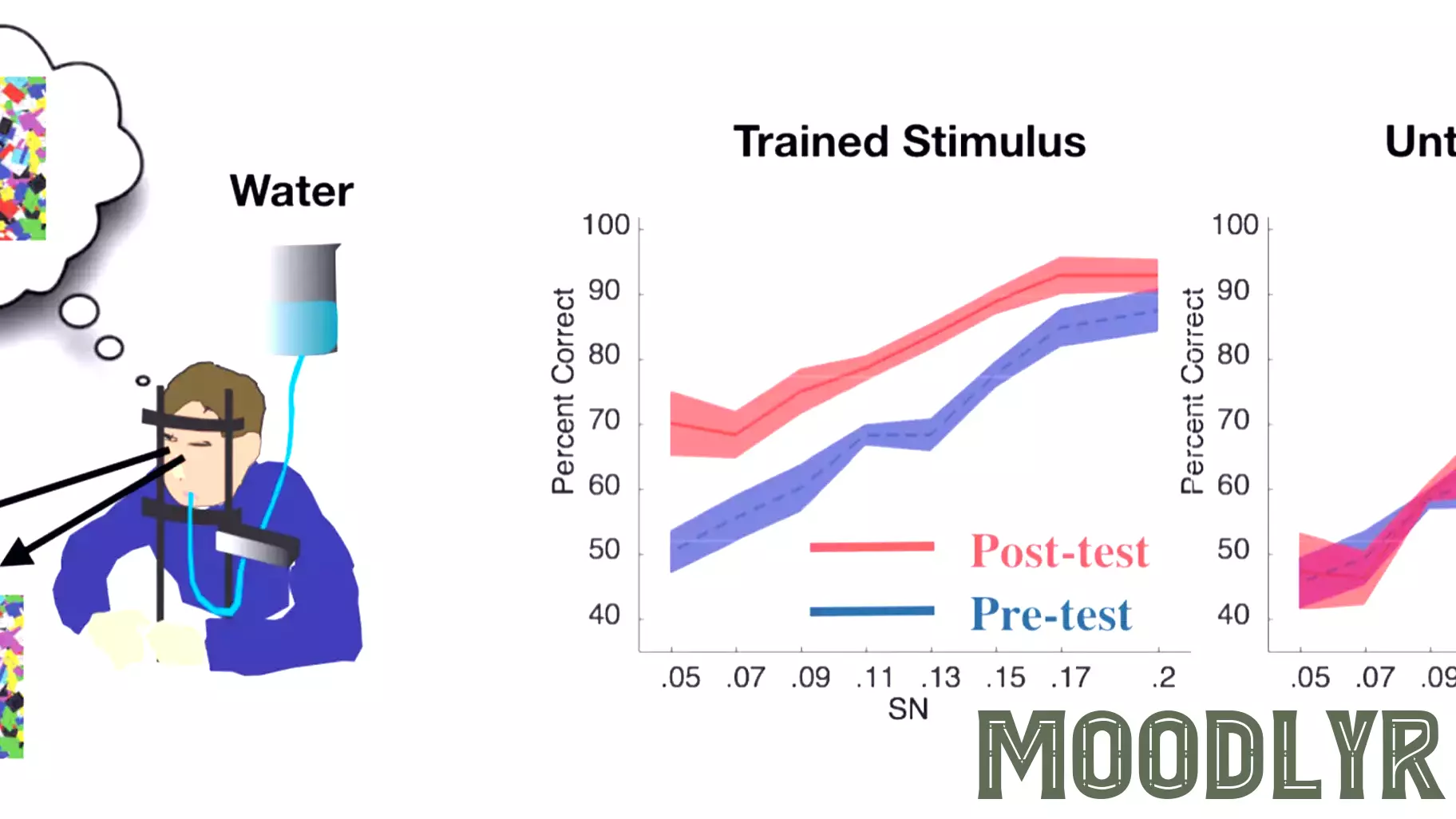Rethinking Learning: Are We Just 'Tricking' Our Brains?
July 16, 2025 - 22:29

When was the last time you sat down and tried to learn something? How did you approach it? Did you make flashcards for hard-to-remember terms and concepts, ask a friend to quiz you on the subject, or simply dive into a textbook? Recent insights from psychology suggest that much of our learning may not be as straightforward as we think.
Psychologists argue that we often engage in what they term "incidental learning," where knowledge is acquired unintentionally while participating in other activities. This challenges the traditional notion that learning is a deliberate and structured process. Instead, our brains may be wired to absorb information in a more organic way, often without our conscious effort.
This perspective encourages a more relaxed approach to education, suggesting that engaging with material in a casual, enjoyable context can enhance retention and understanding. As we rethink our strategies for learning, it may be beneficial to embrace experiences that allow knowledge to seep in naturally, rather than relying solely on formal study methods.
MORE NEWS

February 21, 2026 - 02:30
Home Really Is Where the Heart IsThe age-old saying `home is where the heart is` is more than just a sentimental phrase; it is a neurological reality. New research suggests that the profound feeling of home is an idea we...

February 20, 2026 - 05:37
Racist Attitudes Linked To Future Psychological Distress – But Could Both Be Fueled By Something Else?A new research study is challenging the straightforward assumption that holding racist views directly causes future mental health problems. While confirming a link between prejudiced attitudes and...

February 19, 2026 - 04:05
UWM Professor Uses Sport Psychology Research to Solve Real-World ProblemsProfessor Barbara Meyer possesses a uniquely analytical lens that she applies to nearly every situation. Whether she`s guiding Olympic athletes, consulting with a university soccer team, or simply...

February 18, 2026 - 03:25
Why couldn't Ilia Malinin handle the pressure? Sports psychologists offer their thoughtsThe recent performances of top athletes have reignited a crucial conversation within the world of elite sports: the immense psychological burden of competition. While the spotlight often falls on a...